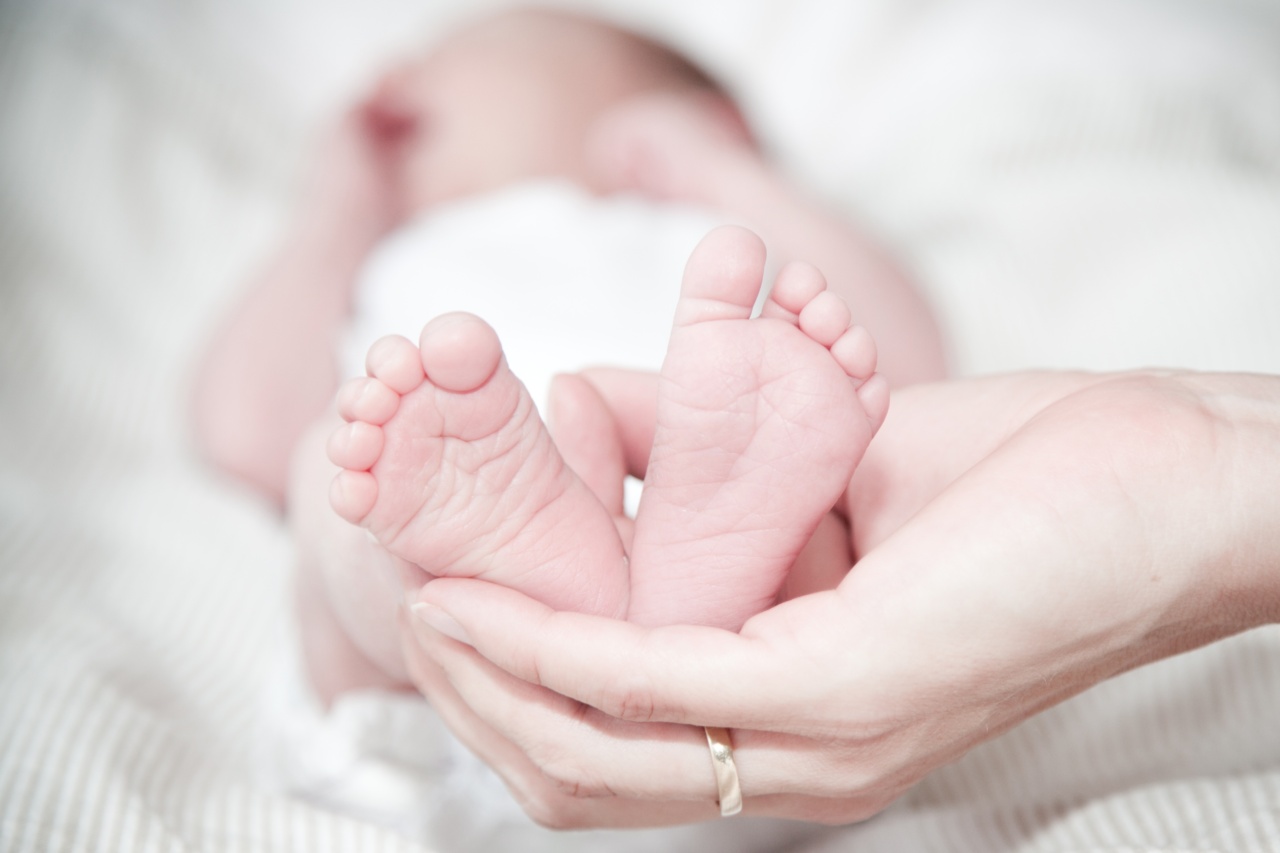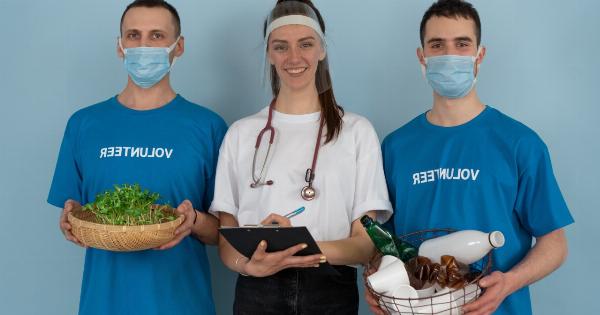When women hit menopause, their reproductive life comes to an end. However, for one woman, the menopausal phase proved to be just a bump in the road. She defied all odds and gave birth to a healthy baby.
The Background
Lina Medina was only five-years-old when she gave birth in 1939. She hit the headlines around the world with her story. Since then, medical advancements have made it possible to have age-computed first-time mothers.
But, many question whether or not it’s advisable for women to attempt pregnancy post-menopause.
Age is Just a Number
Most pregnancies occur in women in their 20s and early 30s. Fertility starts declining by the age of 32. By the age of 37, the chances of getting pregnant start to decrease rapidly.
At 40, the chances of getting pregnant quite low, and by 45 years, getting pregnant can be regarded as extremely difficult.
A woman’s menstrual cycle changes in her early 40s and eventually stops completely. This phase is called menopause. This phase occurs at a different time for every woman. The average age for menopause in the US is 51 years.
Menopause doesn’t mean that a woman’s life changes entirely. However, they can no longer have children naturally.
What are the Risks?
The chance of having a baby post-menopause is difficult. However, with the growth of IVF techniques, the chances of getting pregnant are not entirely impossible.
The risks associated with IVF are also slightly higher for post-menopausal women than for younger women.
According to a study published in The Journal of the American Medical Association in 2016, women who survive menopause have very a low risk of having a baby with birth defects or chromosomal disorders in the absence of scientific intervention.
However, for women who seek intervention, the risk is extraordinary.
The Medical Perspective
Dr. Susan Lim, who specializes in reproductive medicine, explains that the medical reason behind procreating is to pass the genetic code from one generation to another.
She adds that though menopause is the end of the reproductive life for women, it’s just a biological phase, and experiments can surpass the process.
The doctor also mentioned that the woman who gave birth post-menopause wouldn’t be the first. Dr. Lim confirmed that DNA ethics dictate that a woman can birth a baby at any age and can call that baby her own.
IVF Technology is the Answer
In vitro fertilization (IVF) is one way that women can opt for pregnancy despite menopause. IVF procedures involve fertilizing eggs outside of a women’s body, and the fertilized egg(s) are then implanted in the uterus.
Many women turn to IVF treatment post-menopause to have a biologically related child.
The IVF technique involves the use of medications to stimulate the ovaries to create a mature egg that can be fertilized with sperm outside the body and then brought back to the uterus to develop into a baby.
The Case of the 74-year-old woman
In September 2019, a 74-year-old woman from Andhra Pradesh, India, became the oldest woman ever to give birth, according to several media reports at the time.
The woman went through a successful IVF procedure and gave birth to a healthy baby girl weighing 1.04 kg.
The hospital reported that both the mother and baby were in excellent health and were discharged from the hospital after spending two weeks under observation.
The Controversy
The case sparked controversy in India, with some condemning the procedure and others celebrating it.
The Indian Medical Association (IMA) condemned the procedure, saying that women should not be allowed to give birth post-menopause because it could lead to medical complications for both the mother and the child.
The IMA went on to say that, as a medical association, they promote safe and scientific health care practices and protecting the interest of patients, and thus, they do not promote such interventions for women post-menopause.
The Bottom Line
While pregnancy post-menopause is deemed rare, it’s not impossible to conceive. Women must weigh the risks of pregnancy at this stage and decide whether they are willing to take on the physical and emotional strain it entails.
Moreover, countries must weigh the legal implications of allowing late pregnancies.
The possibilities of getting pregnant through medical interventions is a ray of hope for women who desire to have a family.
While these cases continue to raise concerns and spark debates, they are a testament to the power of medical technology to help us defy the biological odds of nature.



























